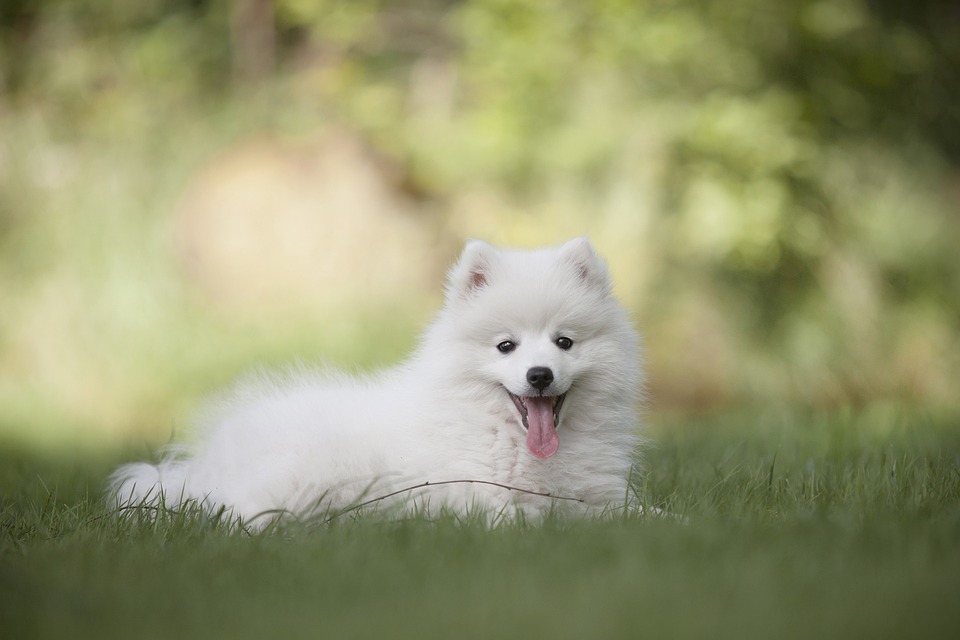*Socializing Your Dog: Unlocking the Key to a Happy and Healthy Companion*
When it comes to raising a well-rounded and happy dog, socialization plays a vital role. Just like humans, dogs need positive interactions and exposure to various environments, people, and other animals to develop into confident and well-adjusted pets. In this article, we will explore the importance of dog socialization and provide valuable tips on how to help your pup thrive in any social setting.
**Why is Dog Socialization Important?**
Socialization is not just a buzzword in the world of dog training; it is a fundamental aspect of raising a well-behaved and happy companion. Here are some key reasons why socialization matters:
1. **Promotes Emotional Well-being:** Proper socialization helps dogs build self-confidence and reduces anxiety. It teaches them how to handle new situations and adapt to different environments, leading to a more emotionally stable and happy pet.
2. **Prevents Behavioral Issues:** Dogs that are not adequately socialized may develop behavioral problems such as aggression, fearfulness, or excessive barking. By exposing them to various stimuli at an early age, you can prevent these issues from arising and ensure your pup grows up to be a well-behaved companion.
3. **Enhances Safety:** Socialization teaches dogs to navigate their surroundings, interact appropriately with people and other animals, and respond calmly to unexpected situations. This knowledge can help keep them safe in potentially dangerous situations, such as encountering unfamiliar dogs or crossing busy streets.
4. **Builds Stronger Bonds:** When your dog is comfortable in social settings, you can take them along on outings, vacations, and visits to friends and family. This strengthens the bond between you and your furry friend, allowing you to enjoy more experiences together.
**How to Socialize Your Dog**
Now that we understand the importance of dog socialization, let’s dive into some practical tips on how to socialize your pup effectively:
1. **Start Early:** The critical socialization period for puppies is between 3 and 14 weeks of age. During this time, expose your pup to a wide range of experiences, including different types of people, sounds, surfaces, and animals. Remember to keep interactions positive and reward-based.
2. **Positive Reinforcement:** Reward your dog with treats, praise, and play whenever they exhibit calm and appropriate behavior in social situations. This positive reinforcement helps them associate social interactions with positive outcomes, reinforcing their confidence.
3. **Gradual Exposure:** Introduce your dog to new environments and experiences gradually. Begin with quiet, controlled settings before gradually increasing the level of exposure to more challenging situations. This approach prevents overwhelming your pup and helps them build confidence progressively.
4. **Socialize with Other Dogs:** Arrange playdates or enroll your dog in puppy socialization classes where they can interact with other dogs in a controlled environment. This interaction teaches them appropriate play behavior, body language, and canine communication skills.
5. **Exposure to People:** Expose your dog to a wide range of people, including children, adults, and seniors. Encourage gentle petting and handling by strangers, always ensuring your dog feels safe and supported. This exposure helps them become comfortable around different individuals.
**Frequently Asked Questions (FAQs)**
1. *When should I start socializing my dog?*
It is best to start socializing your dog as early as possible, ideally between 3 and 14 weeks of age. This period is crucial for their development and helps prevent future behavioral issues.
2. *What if my dog is fearful or anxious in social situations?*
If your dog shows fear or anxiety in social situations, it’s important to address their concerns gradually. Consult a professional dog trainer or behaviorist who can guide you through desensitization techniques and provide support.
3. *Is it too late to socialize an adult dog?*
While socializing an adult dog can be more challenging, it is never too late to start. Seek professional guidance and introduce your dog to new experiences and environments gradually, ensuring positive reinforcement throughout the process.
4. *Should I socialize my dog during the COVID-19 pandemic?*
Socialization is crucial for your dog’s well-being, but during the pandemic, it’s essential to prioritize everyone’s safety. Consider virtual training sessions, online classes, or controlled playdates with dogs from trusted sources.
Remember, every dog is unique, and their socialization needs may vary. Patience, consistency, and positive reinforcement are the keys to successfully socializing your pup. By investing time and effort into their social development, you are ensuring a happier, healthier, and more well-rounded companion for years to come.









